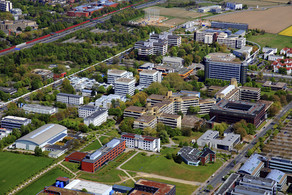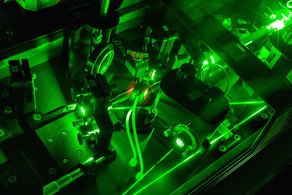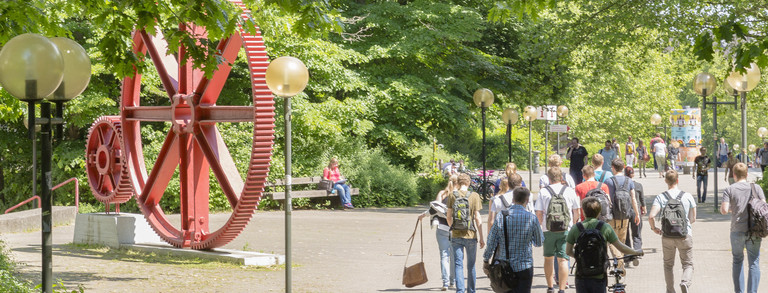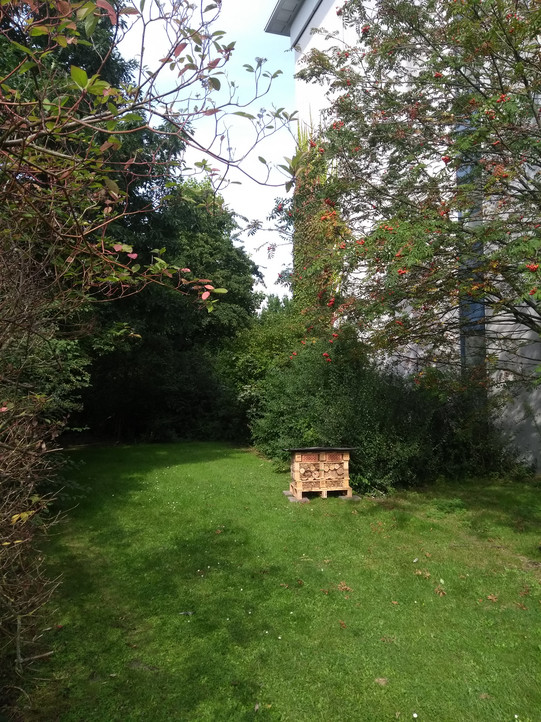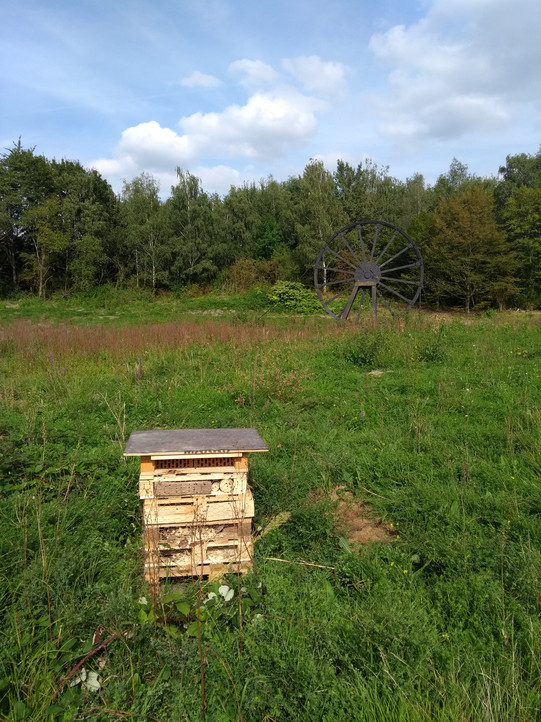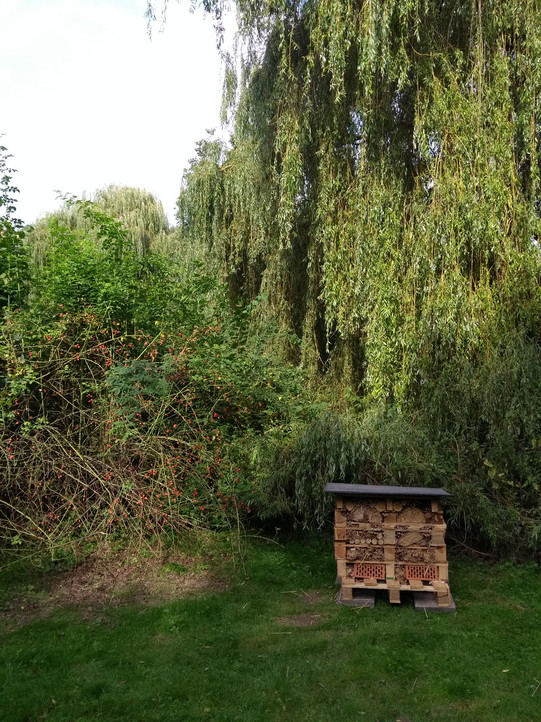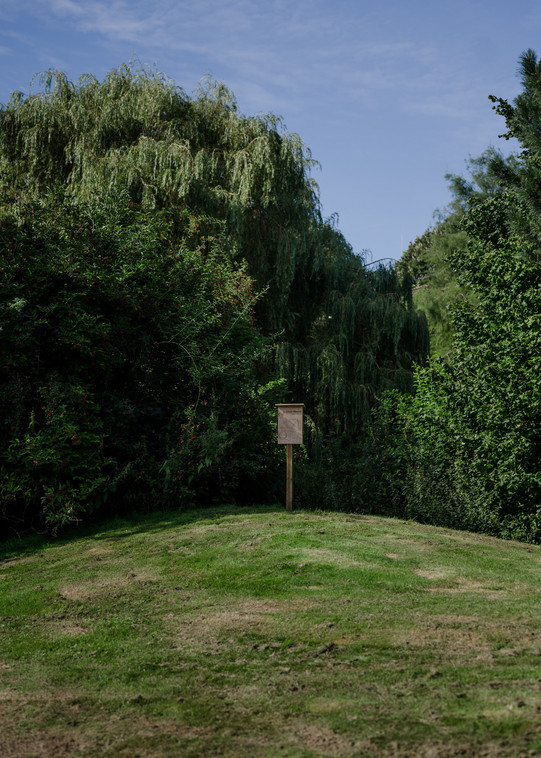Goal 15: Life on land
The goal is divided into several sub-goals. The aim is to achieve comprehensive protection, restoration and sustainable use of ecosystems. Sub-goal 15.1 focuses on the conservation of terrestrial and inland freshwater ecosystems, while 15.3 addresses desertification and soil quality protection and 15.4 mountain ecosystems. Sub-goal 15.2 makes sustainable management of all forest types, ending deforestation and rebuilding degraded forests and afforestation the goal. Sub-targets 15.5 to 15.8 aim primarily to address the loss of biodiversity, including through the fair and equitable sharing of benefits arising from the use of genetic resources (15.6), urgent action to combat poaching and trafficking of protected plant and animal species (15.7) or preventing the introduction of invasive alien species (15.8). Finally, ecosystem and biodiversity values should be integrated into decision-making processes (15.9).
The means of implementation is a significant increase in financial resources for the conservation and sustainable use of biodiversity and ecosystems (15.a) and provides for substantial funding for sustainable forest management, combined with appropriate incentives for developing countries (15.b). In addition, the fight against poaching and trade in protected species is to be strengthened (15.c).
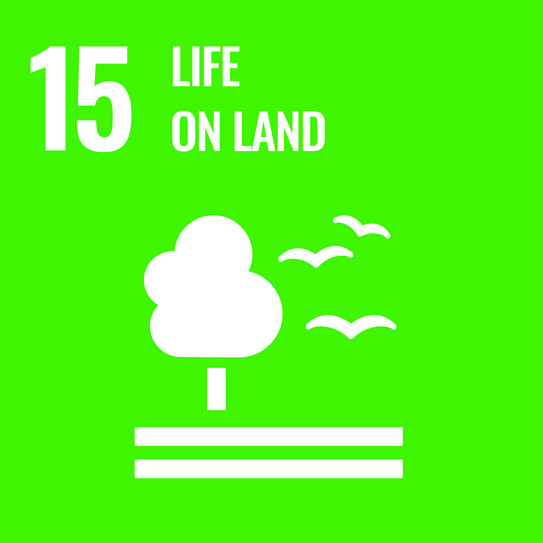
News on life on land
Insect hotels
- Projekte
- 15 Leben an Land
For biodiversity, homemade insect hotels were set up in a collaborative project on campus.
For insects like wild bees and bumblebees, it is becoming increasingly difficult to find shelter and nesting sites. Because in order to create living space, nature is increasingly being pushed out of cities. The TU Dortmund Sustainability Office, the General Students' Committee (AStA), the "Campus for Future" group and the Bau- und Liegenschaftsbetrieb NRW (BLB) have therefore built insect hotels for the campus in a joint campaign. Many endangered insect species will be able to overwinter and nest in the boxes in the future.
"With this campaign, we want to set a visible example for environmental protection. Insect protection is a concern of TU Dortmund University - just like all other sustainability topics," says Bastian Stahlbuck from TU Dortmund working group on sustainability. "The hotels can be built relatively quickly and placed on campus. What's particularly nice is that we assemble the boxes in a group. That way we also get to exchange ideas with each other."
"So you can also easily build the hotels at home for your own garden. You usually already have a lot of materials or you can buy them second-hand," says Henning Moldenhauer, who heads the sustainability office. The office was newly founded in June to support the Sustainability Working Group at TU Dortmund University in initiating and implementing sustainable projects.
Bee hotels as an art project
Two more boxes stand on the meadow between the library and Emil-Figge-Str. 50. TU student Isabell Hesse made two bee hotels as an art project as part of a seminar. The students in the seminar had the task of making statistics visible. Isabell Hesse took the statistics on forest bees in Germany as her theme. Her bee hotels therefore also show how many wild bee species are endangered or threatened with extinction in Germany.

